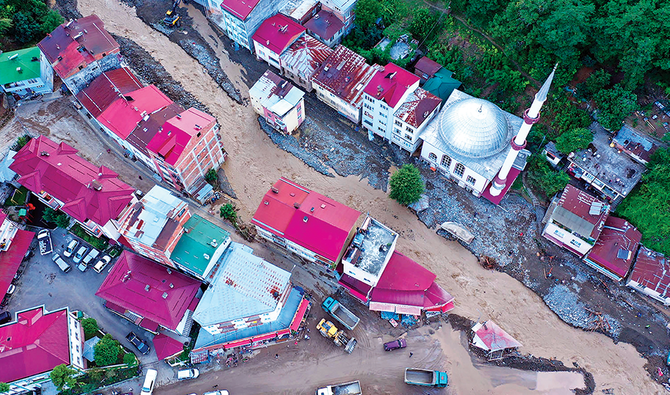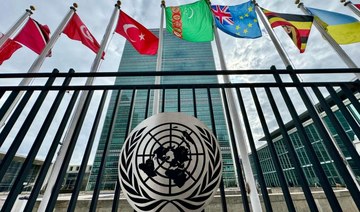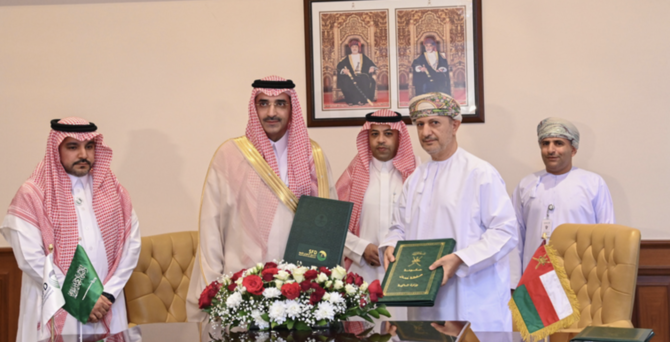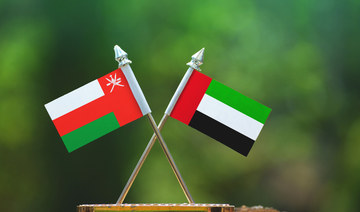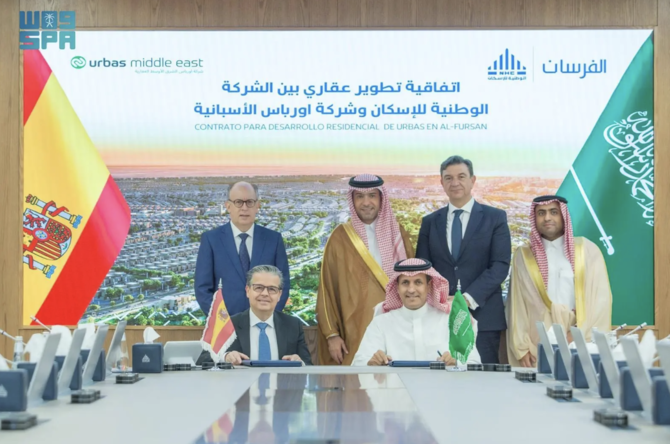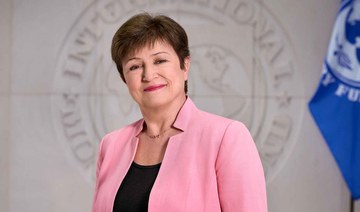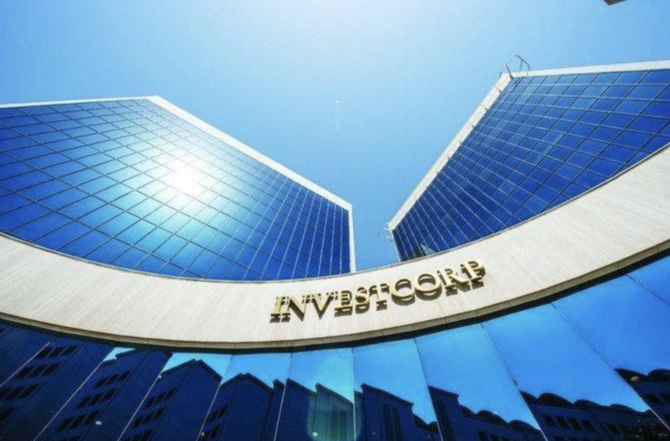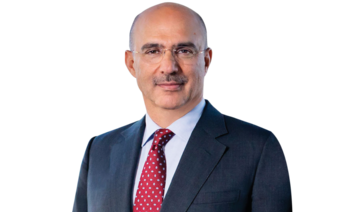ISTANBUL: When Mahmut Talic left his small hardware shop one summer evening, its displays of tools, insulation supplies and window frames were all neatly in their places.
One hour later, floodwaters rampaged through the shop in the town of Dereli, near Turkey’s Black Sea coast, smashing the storefront, filling it with mud and sweeping its contents into the street.
“Everything is gone,” Talic, 28, told the Thomson Reuters Foundation. “I couldn’t get back to the shop that night because the rain was so heavy. But it’s a good thing I didn’t, or I’d be dead now.”
At least 11 people were killed when heavy rain, followed by flash floods and landslides, hit the province of Giresun last month.
Environmentalists and engineers have warned for years about poor urban development in the Black Sea’s coastal cities and the thickly forested mountains that rise up steeply behind them.
Combined with the effects of climate change, they say, this has left the rain-prone region with its population of more than 7 million highly vulnerable to floods.
Four people are still missing after the storm in Dereli, which wrecked dozens of roads and hundreds of buildings.
“This is the first time I’ve seen such a flood,” Turkish Agriculture and Forestry Minister Bekir Pakdemirli said while visiting the area after the disaster.
Just a month earlier, six people had died in two days of storms further east in Rize and Artvin.
“These kinds of disasters cannot occur because of one mistake,” said Mikdat Kadioglu, a meteorological engineer and disaster management expert at Istanbul Technical University.
“All the activities that destroy the area’s natural structure play a role.”
When Kadioglu was growing up in Macka, a mountain town in the Black Sea province of Trabzon, “the older people would tell the younger ones where to build their houses, the places where they would be safe from landslides or floods,” he recalled. “But, once the government began constructing roads through the streambeds, where it was cheaper and easier to build, people started putting their houses there too.”
The Black Sea region began changing rapidly in the 1980s, a period of economic liberalization in Turkey. State subsidies were eliminated for agriculture and livestock husbandry, encouraging migration to lowland urban centers.
In 1987, construction began on a new 540 kilometer (336 mile) coastal highway from the city of Samsun to the border with Georgia.
Completed two decades later, it cut off access to the sea and facilitated more development along the coast as well as on the streambeds leading up into the mountains.
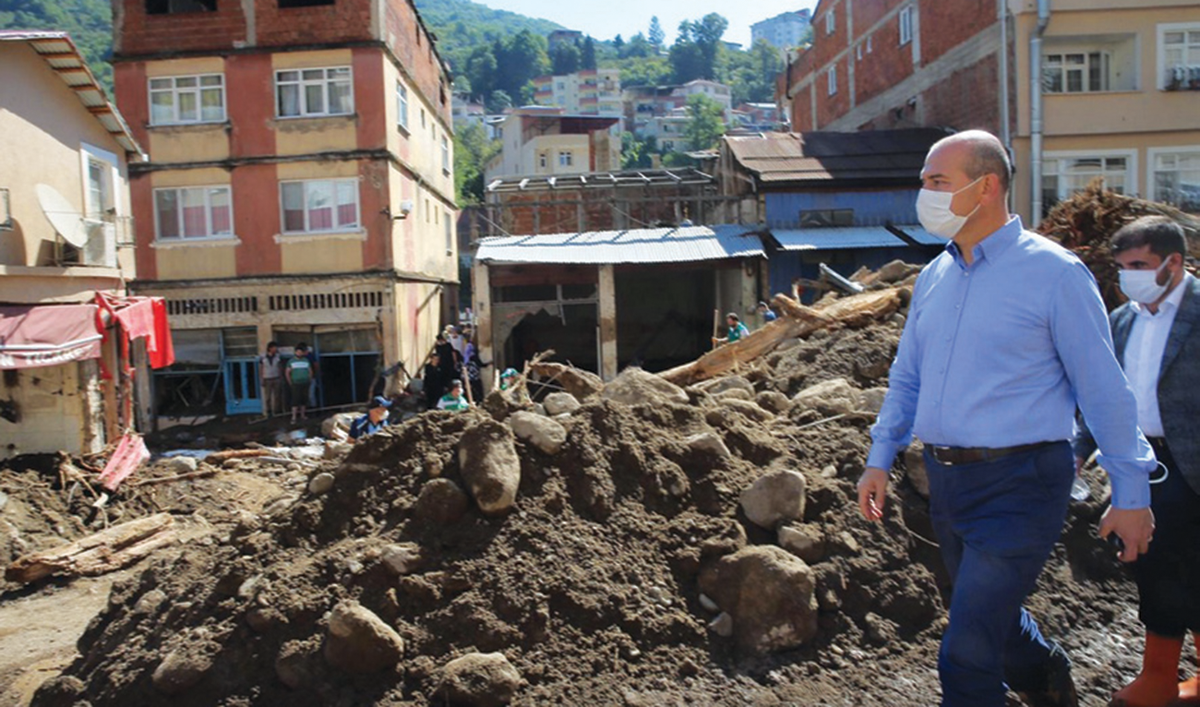
Turkish Interior Minister Suleyman Soylu inspects the damage after flash floods in Dereli. (Reuters)
“Apartment buildings have been built in the yaylalar (upland mountain plateaus), with highways built up to them, covering the river valleys with asphalt and cement,” said Onder Algedik, a mechanical engineer and independent climate consultant.
While visiting Dereli after the floods in August, Forestry Minister Pakdemirli asserted that the government has “always said that we need to avoid building houses on streambeds.”
But Algedik said in a phone interview that “if people are still constructing buildings in the streambeds, that means there is no regulation, no monitoring, no effective government policy.”
One zoning amnesty for illegal construction announced prior to the country’s 2018 general election drew more than 10 million applications nationwide, according to government data.
“We are seeing much bigger storms because of climate change, and worse floods because all the asphalt and cement prevents water from being absorbed into the soil,” said Algedik.
According to a report by environmental group 350 Ankara, Turkey experienced 328 flood disasters in 2018, a sharp rise from 25 in 2000. During that same period, the amount of asphalt and concrete poured each year nationwide more than doubled.
Recent deluges in Turkey’s two largest cities, Istanbul and Ankara, have created surreal scenes over the past few years of water-logged subways, floating cars and people swimming across the street.
In the Black Sea region, environmental experts say the risks are compounded by the mountainous topography and the hundreds of dams and hydropower stations, quarries, mines and roads built there.
A project to connect the region’s ecologically fragile highlands with a 2,600-km (4,184-mile) highway has continued to move forward despite court rulings against it on environmental grounds, activists and local officials say.
Environmentalists have spoken out against the highway, saying such projects cause deforestation and soil erosion, contributing to the destructiveness of floods and landslides.
Trees help to soak up rainwater, shield the land from heavy rainfall and hold soil in place, they note.
Government officials, including President Recep Tayyip Erdogan, have promised to help Dereli and other affected communities rebuild in a more sustainable way.
A week after the floods, the government announced it would relocate homes and businesses away from the streambed. It also pledged to build 250 houses in a traditional regional style incorporating high stone foundations as part of a province-wide recovery and redevelopment effort that also includes cash grants to residents.
“Thanks to our president, the state has said it will support us. If it doesn’t, I will have to close my business,” said Talic, who estimates that the shop he opened just six months ago has sustained up to $13,500 in damages.
But the country needs to start thinking longer term if it wants to protect its people from flooding in the future, said Kadioglu, the disaster management expert.
“Turkey is very good at response and recovery, but we need to shift from crisis management to risk management,” he said. “We can’t just clean up and keep going as if nothing happened.”



